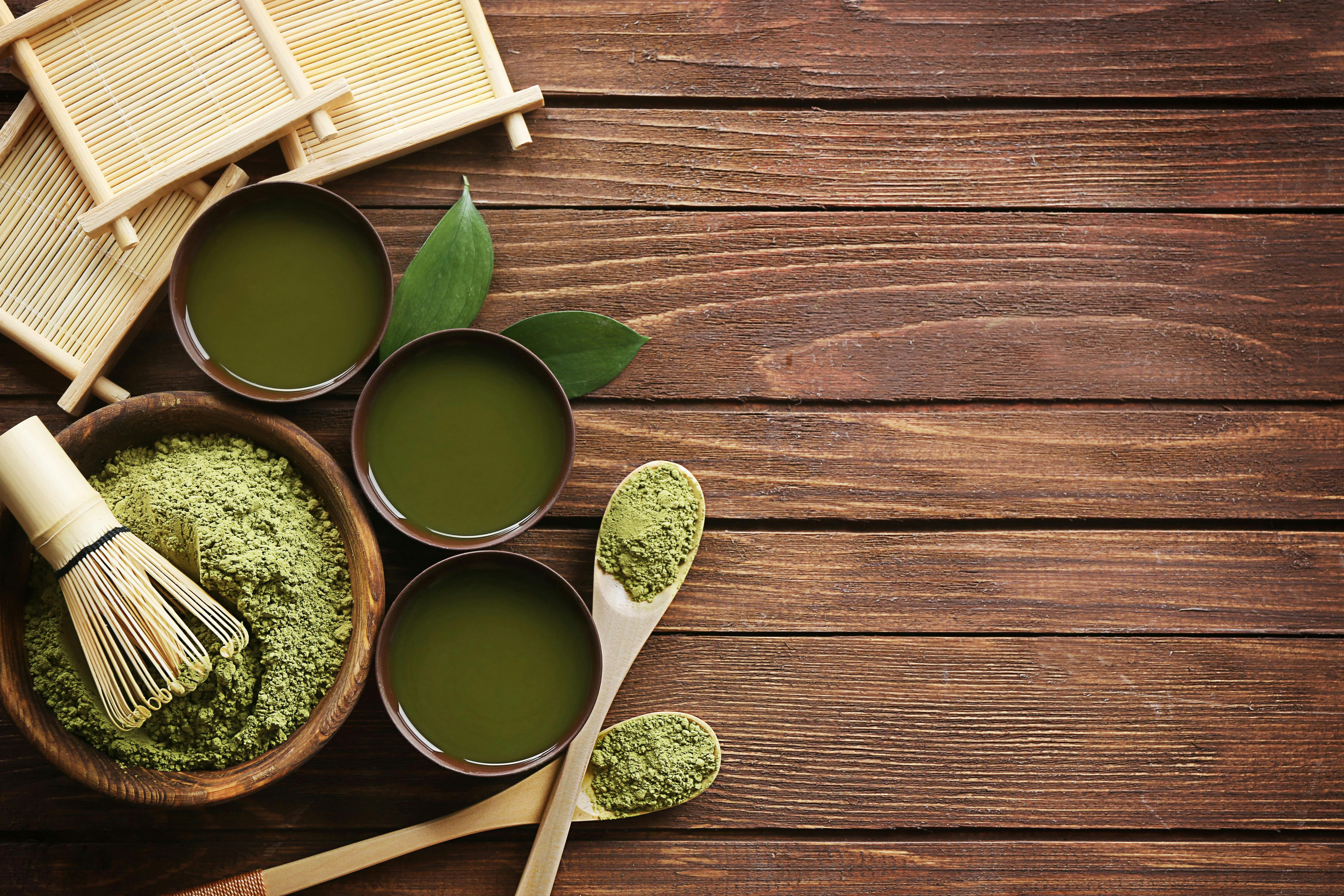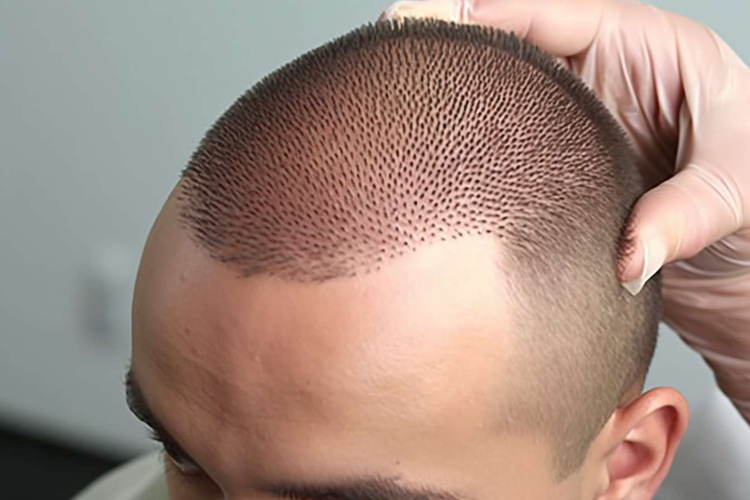Unraveling the Health Secrets of Matcha Green Tea
In the ancient tea gardens of Japan, a unique type of green tea was born, steeped not just in hot water but in history and culture. Known as Matcha, this powdered green tea has been a part of Japanese tea ceremonies for centuries. The tradition of preparing and consuming Matcha started in the 12th century when Buddhist monks brought tea seeds from China to Japan. Over time, Matcha has evolved from a sacred ritual ingredient to a popular health and wellness beverage worldwide.

The Science Behind Matcha’s Health Benefits
The health benefits of Matcha are largely attributed to its high concentration of antioxidants, particularly epigallocatechin gallate (EGCG). This potent antioxidant is known for its potential to fight certain diseases, boost the immune system, and promote heart health. Moreover, Matcha also contains L-Theanine, an amino acid known to induce relaxation without causing drowsiness, hence promoting mental clarity and focus.
The Current Matcha Movement
Today, Matcha is riding the wave of health trends, not just as a beverage but also as a popular ingredient in various food and cosmetic products. From matcha-infused smoothies and desserts to skincare products, the Matcha movement is gaining momentum. However, it’s essential to distinguish between the highly processed versions of Matcha and the more traditional, high-quality variants to reap its full health benefits.
The Wonders and Warnings of Matcha
While Matcha is highly beneficial for health, it’s important to note that it also contains caffeine. While it’s less than coffee, sensitive individuals should monitor their intake. Moreover, due to its high concentration of active compounds, it’s also advisable to consume Matcha in moderation, following the ‘less is more’ principle.
A Sip of Health: Quick Matcha Tips
- Opt for ceremonial-grade Matcha for the highest quality.
- Avoid adding boiling water to Matcha as it can degrade the tea’s nutrients. Instead, use water that is just below the boiling point.
- To enjoy the full benefits of Matcha, try consuming it in its purest form, i.e., as a tea, instead of processed products.
- If you are new to Matcha, start with a smaller quantity and gradually increase to avoid any potential side effects.
In a Nutshell
On a quest for health and wellness, embracing the ancient wisdom of Matcha could be an enlightening journey. As modern science continues to affirm its benefits, Matcha holds the potential to be more than just a passing health trend. Steeped in centuries-old tradition and packed with potent compounds, a cup of Matcha could well be your ticket to holistic well-being.




